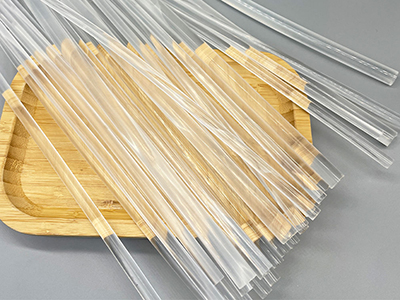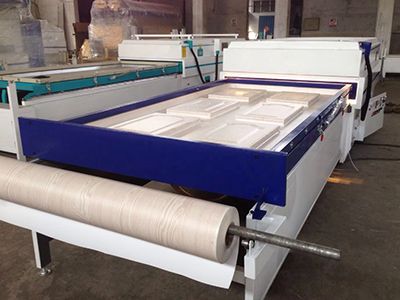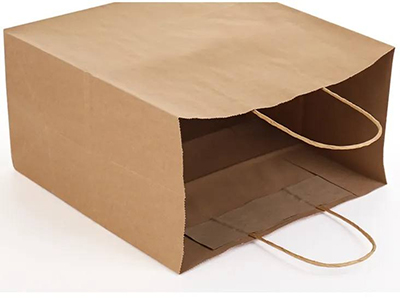Introduction
Paper bags are widely used for shopping, packaging, and storage due to their eco-friendly nature. However, many people notice an unpleasant odor emanating from these bags. This smell can be off-putting and even raise concerns about the quality and safety of the bags. Understanding the reasons behind the odor can help in addressing the issue and making informed choices. In this article, we’ll explore the common causes of the bad smell in paper bags and suggest ways to mitigate it.
Common Causes of Bad Smell in Paper Bags
- Manufacturing Process
- Chemicals and Additives: The production of paper bags involves various chemicals and additives, such as bleaching agents, dyes, and adhesives. These chemicals can emit odors, especially if they are not fully removed or neutralized during manufacturing.
- Recycled Content: Many paper bags are made from recycled paper, which may have absorbed odors from previous uses. The recycling process can sometimes concentrate these odors, leading to a stronger smell in the finished product.
- Storage Conditions
- Humidity and Moisture: Paper is highly absorbent and can pick up moisture from the environment. Damp conditions can lead to the growth of mold and mildew, which produce musty odors.
- Exposure to Contaminants: Paper bags stored in areas with strong odors, such as near chemicals, food, or waste, can absorb these smells.
- Natural Odors of Paper Materials
- Wood Pulp: Paper is made from wood pulp, which has its own natural scent. Depending on the type of wood and the pulping process, this smell can vary and sometimes be unpleasant.
- Residual Lignin: Lignin is a natural polymer found in wood that can contribute to the smell of paper. If the pulping process does not fully remove lignin, it can cause a noticeable odor.
- Environmental Factors
- Air Quality: Poor air quality, including pollution and industrial odors, can be absorbed by paper bags during storage and transportation.
- Heat: High temperatures can intensify the release of volatile organic compounds (VOCs) from the paper, making the smell more noticeable.
Mitigating the Smell of Paper Bags
- Proper Storage:
- Dry Environment: Store paper bags in a cool, dry place to prevent moisture absorption and the growth of mold and mildew.
- Away from Strong Odors: Keep paper bags away from areas with strong smells, such as kitchens, bathrooms, or industrial zones.
- Ventilation:
- Air Out Bags: Allow new paper bags to air out in a well-ventilated area for a few days before use. This can help dissipate any residual odors from the manufacturing process.
- Use Charcoal or Baking Soda: Placing charcoal or baking soda near the bags can help absorb and neutralize odors.
- Choose High-Quality Bags:
- Reputable Manufacturers: Opt for paper bags from reputable manufacturers who follow strict quality control processes to minimize the use of odorous chemicals and ensure thorough cleaning.
- Check for Certifications: Look for certifications indicating environmentally friendly and safe manufacturing practices, such as FSC (Forest Stewardship Council) certification.
- Natural Alternatives:
- Unbleached Bags: Consider using unbleached or minimally processed paper bags, which are less likely to contain strong-smelling chemicals.
- Aromatherapy: Adding a few drops of essential oils to the storage area can help mask unpleasant odors with a pleasant scent.
Conclusion
The bad smell in paper bags can result from various factors, including the manufacturing process, storage conditions, natural paper odors, and environmental influences. By understanding these causes, you can take steps to mitigate the odors and ensure a more pleasant experience with your paper bags. Proper storage, ventilation, choosing high-quality bags, and considering natural alternatives are effective ways to address the issue and enjoy the benefits of eco-friendly paper bags without the unpleasant smell.






